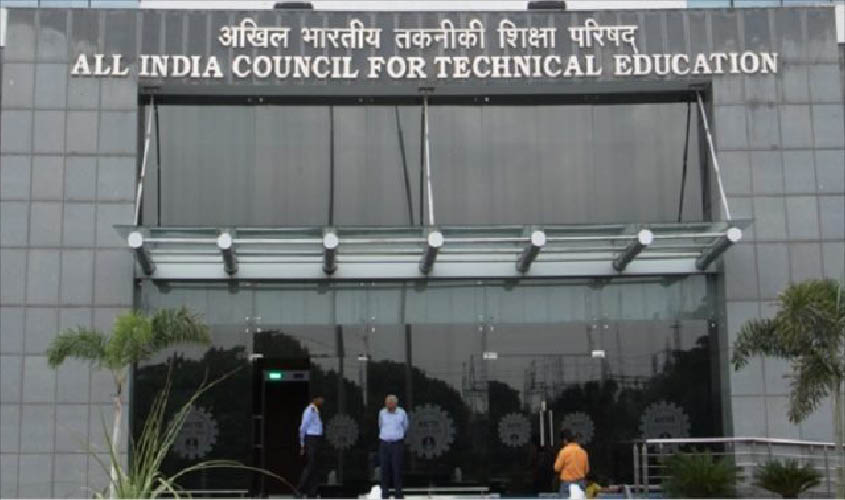Panel appointed by AICTE cited low capacity utilisation, especially in traditional engineering areas.
New Delhi: A committee appointed by the All India Council for Technical Education (AICTE) has recommended freezing of seats in engineering colleges and institutes from the next academic year 2020, especially in traditional streams like civil and mechanical.
The one-man committee of IIT Hyderabad chairman B.V.R. Mohan Reddy, in its report, “Engineering Education in India: Short and Medium Term Perspectives”, has acknowledged the gap between engineering education and industry demands and has suggested not to increase seats in engineering colleges and institutes further.
The committee has cited low capacity utilisation, 49.8%, and has recommended that no new capacity be created, starting from the 2020 academic year.
“The current capacity utilisation in undergraduate and post-graduate levels is as low as 49.8% (capacity versus enrollment). Creating any further capacity is a big drain on investments since, at the very basic level, it involves the creation of physical
infrastructure like buildings and laboratory infrastructure. We recommend that we do not create any new capacity starting from the academic year 2020. The creation of new capacity can be reviewed every two years after that,” the committee said.
On the issue of applications that may already be in place for capacity enhancement, the report says “applications made in the current year and the past two years may be considered for starting institutions if the infrastructure is already in place”.
According to the committee, enrollment in traditional engineering disciplines like mechanical and civil is less in comparison to emerging technologies such as Computer Science and Engineering, Aerospace Engineering, Mechatronics etc.
The committee, in its report, has also suggested that that no additional seats be approved in traditional engineering areas and that institutions should be encouraged to convert current capacity in traditional disciplines to emerging new technologies.
The AICTE has suggested training of existing teachers at teachers’ training institutes using quality improvement programmes. For training these teachers IIT/NIT faculty and infrastructure will be used. It has also suggested that focused industry visits for the faculty should be mandatory for hands-on exposure to the latest technologies. Moreover, a certification/ diploma/ degree in education be made mandatory for engineering faculty, the committee has said in the report.
On the issue of lower placements, the committee has said: “The low enrollment, lower placements, and low employability are causes for concern. Employment generation is very critical to a nation’s economic development. While we are making certain recommendations on the role that academic institutes can play in improving the quality of education and indirectly contribute to employment generation, all other stakeholders, including government and industry, should also start putting in place corrective measures to improve employment generation.”
In this backdrop, the committee has underlined the importance of interaction between academia and industry in the employability of graduates. It has recommended that two industry representatives should be part of the advisory board of each institution.
In order to create an ecosystem of sustained industry-academia engagement, 20 National Knowledge Functional Hubs (NKFH), as a pilot project, should be instituted in institutions approved by the AICTE.

